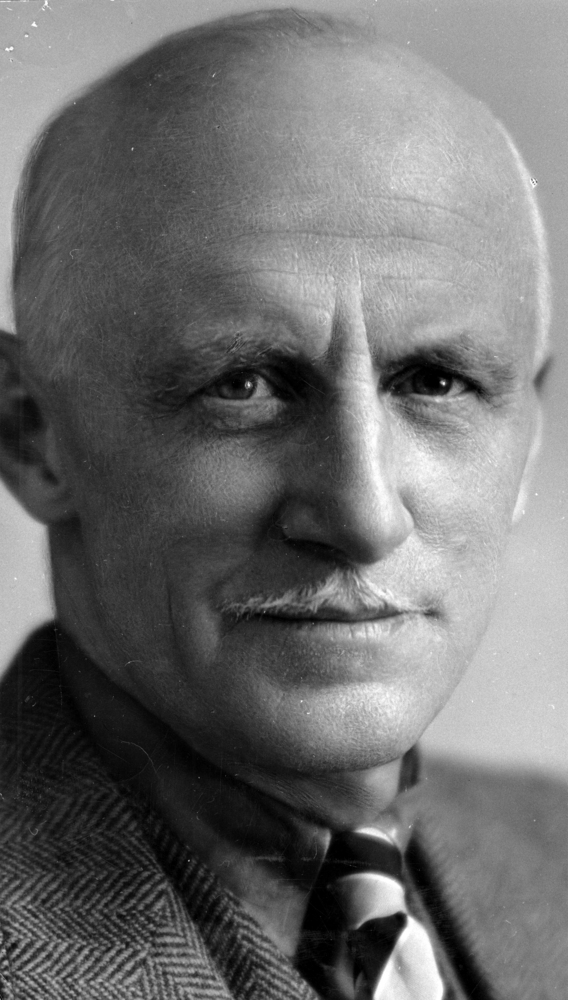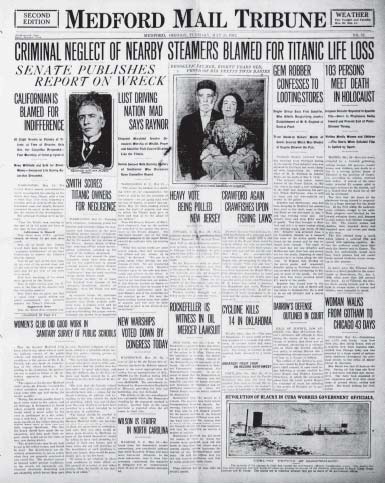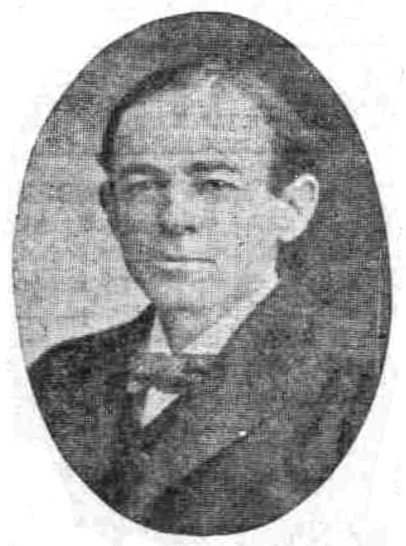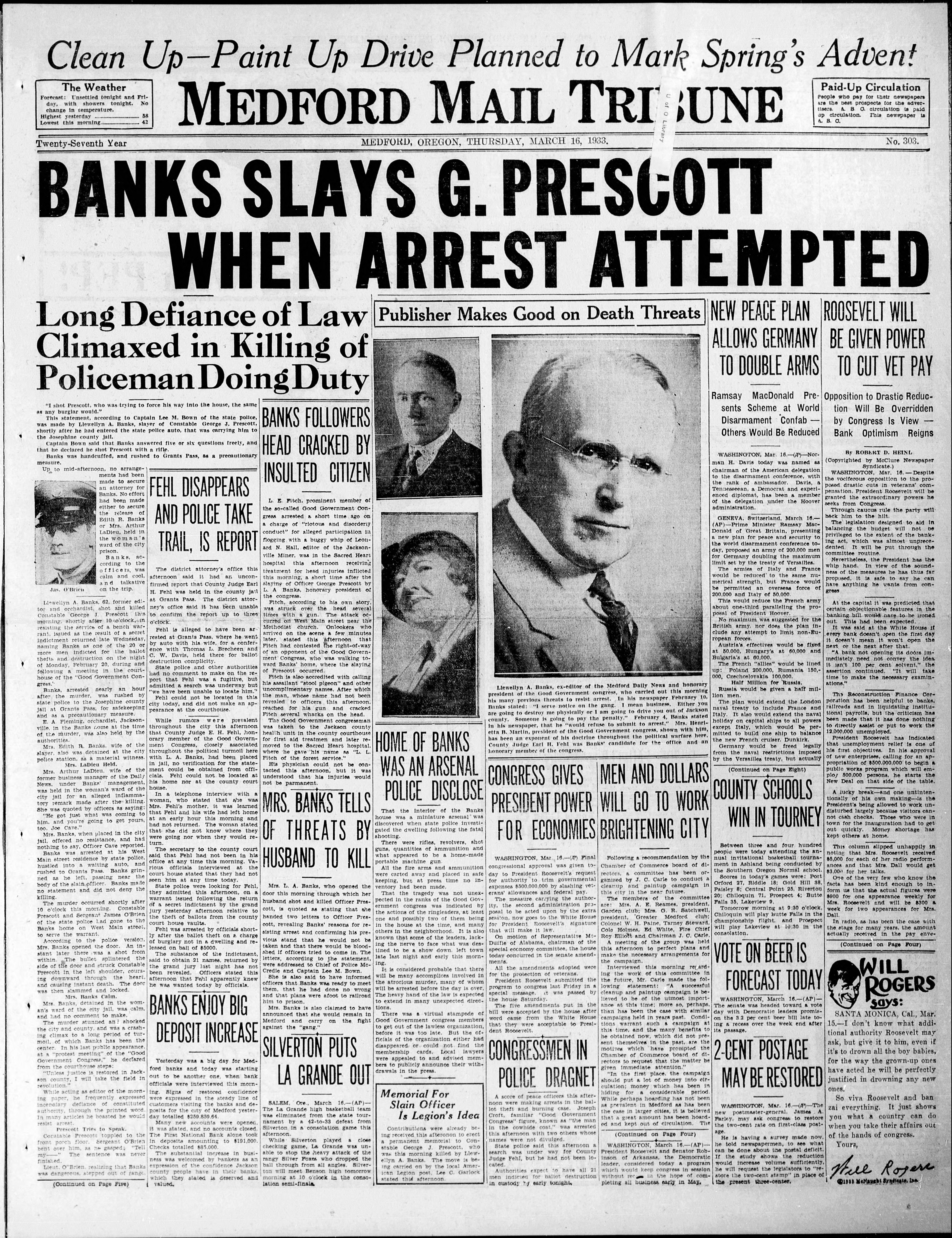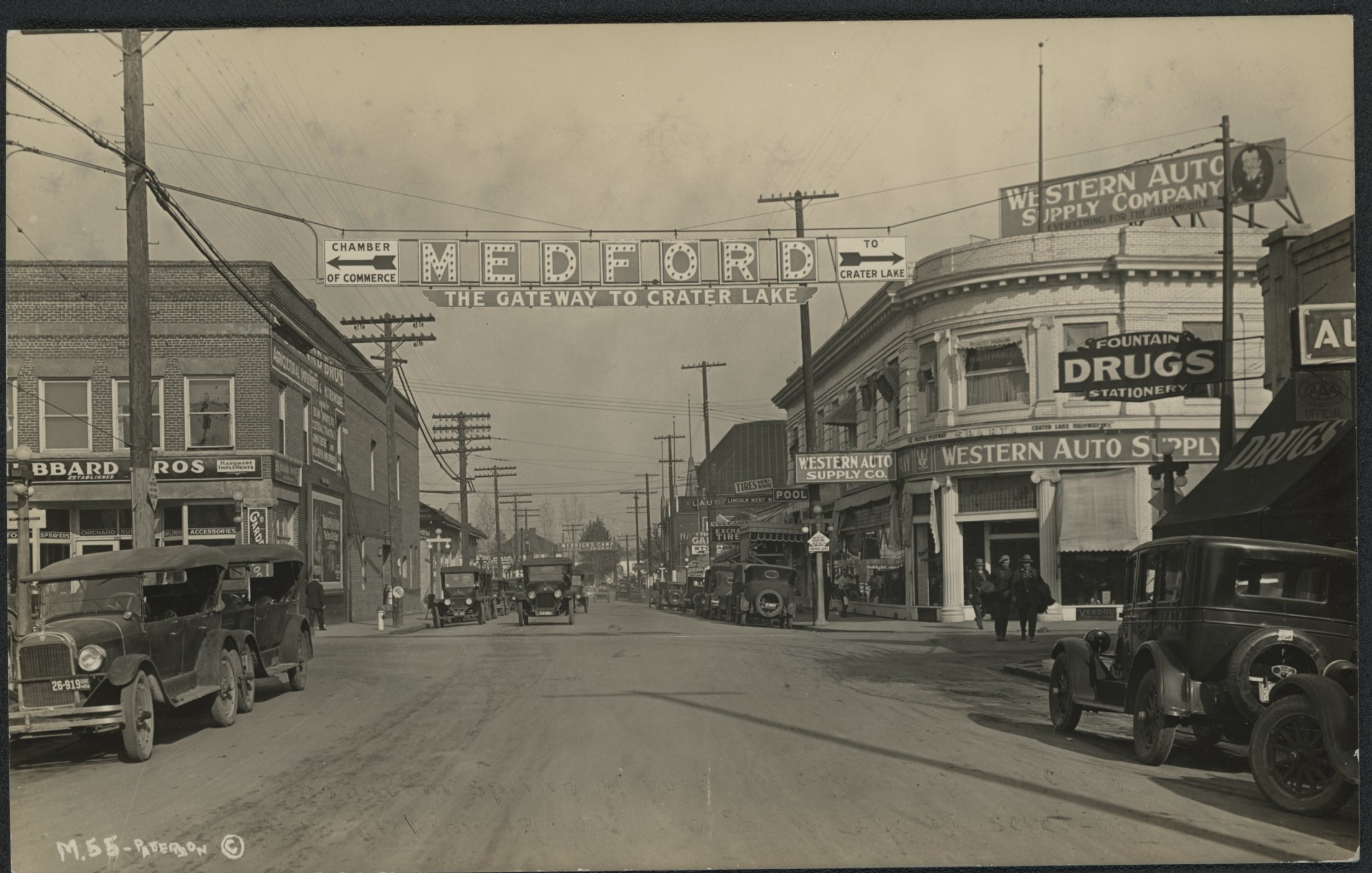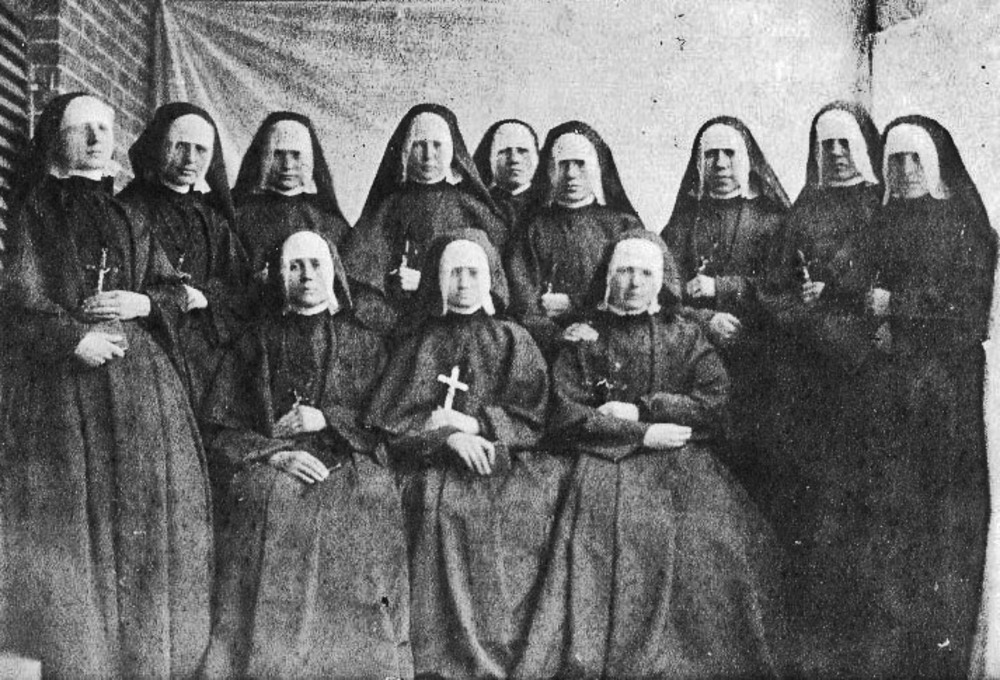Robert Ruhl, publisher and editor of the Medford Mail Tribune, was Oregon's archetypal crusading small-town newspaperman. His editorial battle against the Ku Klux Klan in the 1920s earned him the respect of other Oregon journalists, and his paper's fight against a radical local "populist" movement brought him the Pulitzer Prize in 1934.
Born in 1880 to upper-middle-class circumstances in Rockford, Illinois, Ruhl was educated at Phillips Andover Academy in Massachussetts, and graduated from Harvard College, where in 1903 he served on the staff of The Crimson with Franklin D. Roosevelt. After stints at the New York Globe and other eastern papers, Ruhl came west in 1909. He took a job at the Spokane Spokesman-Review before moving to Medford in 1911 to edit the daily that soon became the Mail Tribune.
At Medford, Ruhl joined a sizable group of other young Ivy League graduates from the East Coast and the Chicago area who, attracted by business opportunities, had arrived during the Rogue River Valley's pear orchard boom. Ruhl purchased the paper from George Putnam, who had already started the Mail Tribune on the editorial course of promoting progressive reforms and exposing political venality. Putnam left to become the editor of the Capital Journal in Salem.
Ruhl's first major challenge came with the meteoric rise of the state's Ku Klux Klan in the early 1920s. A Unitarian and a Republican, the urbane Ruhl battled the Klan's anti-Catholic "School Bill" referendum, its rank political opportunism, and the actions of its local vigilantes. As a result, his newspaper suffered significantly from a Klan-organized boycott by advertisers and subscribers.
During the early years of the Great Depression, a grassroots, anti-establishment movement called the Good Government Congress brought tumult and violence in a notorious episode later termed the "Jackson County Rebellion." The Mail Tribune consistently condemned the character-assassination methods of the movement and urged calm and rational behavior by citizens. As a result, it suffered financially. Although it likely can never be determined, it is possible that the 1934 Pulitzer Prize, with its resulting national stories about the Jackson County Rebellion, influenced Sinclair Lewis's 1934-1935 novel It Can't Happen Here, the story of a fascist takeover of the United States, in which a small-town western newspaper editor plays a heroic role.
Ruhl retired as editor of the Mail Tribune in the 1950s; he was succeeded by Eric Allen, Jr., who continued the paper's progressive tradition. Ruhl and his wife Mabel lived in San Francisco until his death in 1967. The annual Robert W. Ruhl Lecture Series at the University of Oregon honors Ruhl's contribution to Oregon journalism. In the 1940s, Ruhl had purchased a large parcel of land with a rustic cabin along the right/west bank of the upper Rogue River; here he and his family spent considerable time. In 2018, Ruhl’s descendants sold the largely undeveloped property to the Southern Oregon Land Conservancy; now called the Rogue River Preserve, it will be managed under permanent conservation easements.
-
![]()
Robert Ruhl, c. 1952.
Oregon Historical Society Research Library CN013556
Related Entries
-
![Eric W. Allen Jr. (1920-1986)]()
Eric W. Allen Jr. (1920-1986)
Editor of the Medford Mail-Tribune from 1968 to 1985, Eric W. Allen Jr.…
-
![George Putnam (1872-1961)]()
George Putnam (1872-1961)
George Putnam was the epitome of the fighting editor during the Progres…
-
![Good Government Congress (Jackson County Rebellion)]()
Good Government Congress (Jackson County Rebellion)
During the severe economic stress of the early 1930s, a homegrown, radi…
-
![Ku Klux Klan]()
Ku Klux Klan
Fiery crosses and marchers in Ku Klux Klan (KKK) regalia were common si…
-
![Medford]()
Medford
Medford, the county seat of Jackson County, was platted in 1883 in the …
-
![Medford Mail Tribune]()
Medford Mail Tribune
For over a hundred years, the Medford Mail Tribune argued against what …
-
![Pierce v. Society of Sisters (1925)]()
Pierce v. Society of Sisters (1925)
On June 1, 1925, in Pierce v. Society of Sisters of the Holy Names of J…
Related Historical Records
Map This on the Oregon History WayFinder
The Oregon History Wayfinder is an interactive map that identifies significant places, people, and events in Oregon history.
Further Reading
Capitol’s Who’s Who for Oregon, 1936-1937. Capitol Publishing Co., Portland, OR.
LaLande, Jeffrey Max. 1993. “’It Can’t Happen Here’ in Oregon: The Jackson Country Rebellion and its 1890s-1020s Background.” Ph.D. dissertation, Dept. of History, University of Oregon, Eugene, OR.
Robert W. Ruhl Papers (correspondence and miscellaneous materials, ca. 1920-1967), privately held, Medford, OR.

